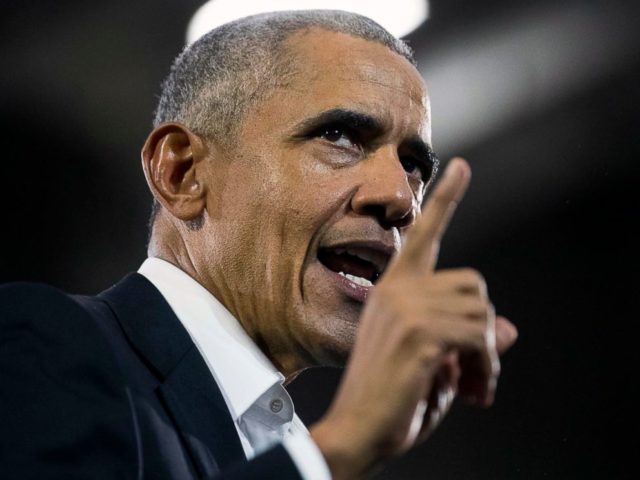Barack Obama has said that he had ruled out involving Pakistan in the raid on Osama bin Laden’s hideout because it was an “open secret” that certain elements inside Pakistan’s military, and especially its intelligence services, maintained links to the Taliban and perhaps even al-Qaeda, sometimes using them as strategic assets against Afghanistan and India.
Giving a blow-by-blow account of the Abbottabad raid by American commandos that killed the world’s most wanted terrorist on May 2, 2011 in his latest book “A Promised Land”, the former US president said that the top secret operation was opposed by the then defence secretary Robert Gates and his former vice president Joe Biden, who is now the President-elect.
In the book that hit the stands globally on Tuesday, America’s first Black president described the various options of killing bin Laden once it became increasingly clear that the elusive al Qaeda chief was living in a safe hideout on the outskirts of a Pakistani military cantonment in Abbottabad.
“Based on what I’d heard, I decided we had enough information to begin developing options for an attack on the compound. While the CIA team continued to work on identifying the Pacer, I asked Tom Donilon and John Brennan to explore what a raid would look like,” Obama writes in his memoir.
The need for secrecy added to the challenge; if even the slightest hint of our lead on bin Laden leaked, we knew our opportunity would be lost. As a result, only a handful of people across the entire federal government were read into the planning phase of the operation, he said.
“We had one other constraint: Whatever option we chose could not involve the Pakistanis,” he wrote.
“Although Pakistan’s government cooperated with us on a host of counterterrorism operations and provided a vital supply path for our forces in Afghanistan, it was an open secret that certain elements inside the country’s military, and especially its intelligence services, maintained links to the Taliban and perhaps even al-Qaeda, sometimes using them as strategic assets to ensure that the Afghan government remained weak and unable to align itself with Pakistan’s number one rival, India,” Obama revealed.
“The fact that the Abbottabad compound was just a few miles from the Pakistan military’s equivalent of West Point only heightened the possibility that anything we told the Pakistanis could end up tipping off our target.
“Whatever we chose to do in Abbottabad, then, would involve violating the territory of a putative ally in the most egregious way possible, short of war- raising both the diplomatic stakes and the operational complexities,” he wrote.
In the final stages they were discussing two options. The first was to demolish it with an air strike. The second option was to authorise a special ops mission, in which a select team would covertly fly into Pakistan via helicopter, raid the compound, and get out before the Pakistani police or military had time to react.
Despite all the risks involved, Obama and his national security team opted for the second option, but not before multiple rounds of discussions and intensive planning.








